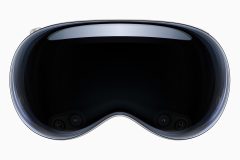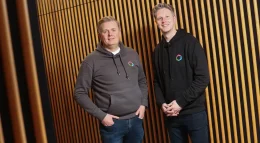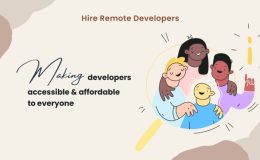When you think of open source, you probably think of Linux, engines such as the WebKit browser engine and the Java language and virtual machine, and open source software such as LibreOffice, Firefox, Apache HTTP server, Git, Asterisk, and MySQL. You may not think of appliances, TVs, and cameras — but that’s exactly where consumer electronics giant Samsung uses open source software.
Presenting at the Linux Foundation Collaboration Summit this week in San Francisco, Sang-bum Suh, Samsung’s vice president of the software platform team at the company’s software research and development center, gave a synopsis of how successful the company has been both using open source software and contributing back to the community. He cited, for example, how in 2005, the Linux kernel was applied to mass production of flat-panel TVs: “It was a great opportunity for Samsung to jump to [being a] No. 1 company in the TV industry.”
Of course, these days, the partially open source Google Android software has helped Samsung give Apple a run for its money in the smartphone and tablet spaces. (Android is not community-developed, but it is released to the community once Google finalizes it.) Open source software also has shipped in Samsung products such as washing machines, refrigerators, camcorders, and cameras.
Samsung participates in open source projects, including the Linux kernel, WebKit browser, and even a Xen hypervisor port for the ARM CPU. The Samsung-driven open source Tizen OS could end up competing with Android in smartphones and tablets — even in workstations, Suh said.
Suh put out a call for technologists to join the company and participate in its open source efforts. Among the positions the company is seeking to fill include Android UI software engineer, Android software engineer, and Android kernel engineer. Samsung is also looking to fill positions related to work on Tizen and the Apache Hadoop distributed computing platform.
As Samsung shows, open source software sure can turn up in a lot of products in various spaces.
Source Info World


















